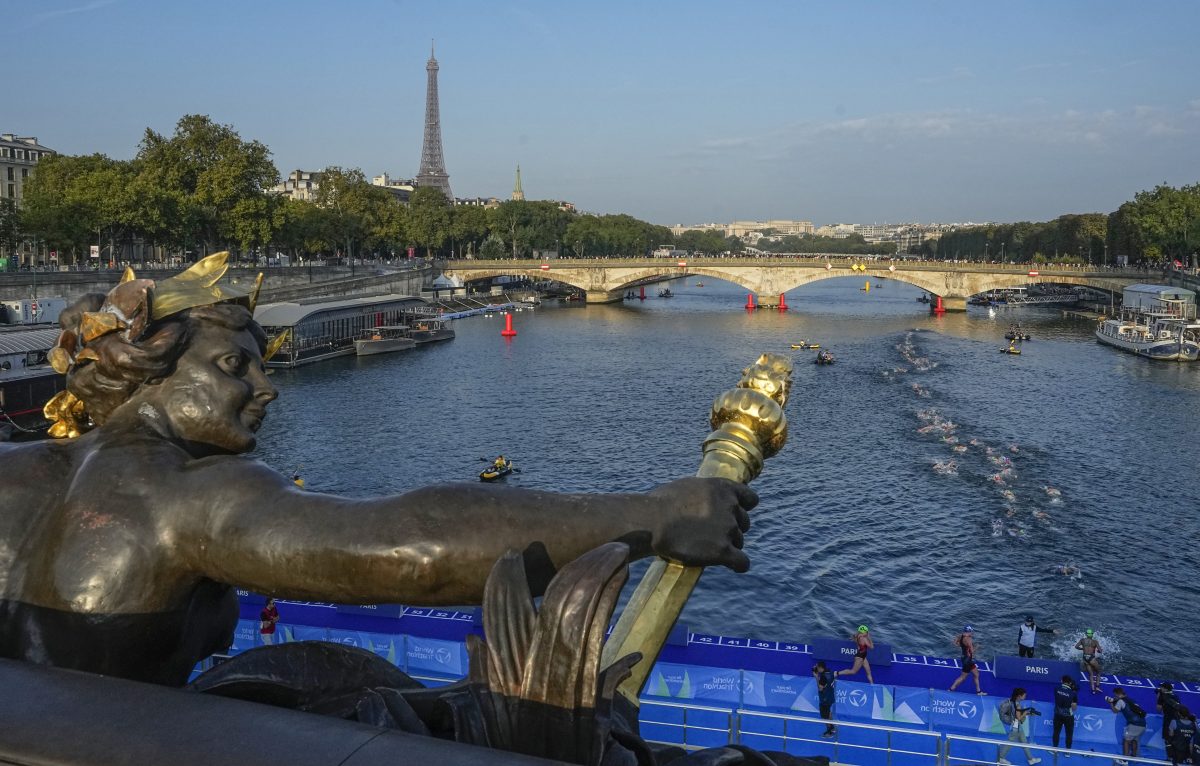Curious onlookers gathered on bridges as dozens of boats snaked along the Seine river on Monday in a rehearsal for the Paris Olympics' unique Opening Ceremony next month.
A total of 55 boats made the journey from Pont d'Austerlitz, named after a French military victory in 1805, to Pont d'Iéna, a stone's throw from the Eiffel Tower, the nation's most striking and best known landmark.
Officials are confident that the near four-hour ceremony will run like clockwork on July 26.
“Six months ago we had like 10 minutes delay on the timing and today we are very close, almost to the second to our targets,” Thierry Reboul, the executive director for ceremonies said. “So it is very satisfying. We’ve respected an extremely precise level of timing.”
Get top local stories in Philly delivered to you every morning. >Sign up for NBC Philadelphia's News Headlines newsletter.
On the day of the eagerly-awaited event, around 200 Olympic delegations will join the parade on more than 80 boats. They will make the journey from east to west, along a six-kilometer (3.7-mile) route which has become a major talking point — for its audacity as a unique open-air event and for its exposure to potential danger.
Security concerns led French President Emmanuel Macron to say in mid-April that the ceremony could shift to Stade de France if the threat level was too high. But Reboul said Monday that authorities are preparing for the big day as originally planned, with no alternatives being prepared at this stage.
There will be a final rehearsal, involving the full armada of boats, before the Opening Ceremony — one which is expected to bring 100 world leaders to the city's embankments, where more than 300,000 people will watch.
“We will give our heart and souls to make it a great success for the French people,” France’s Sports Minister Amélie Oudéa-Castéra said Monday. “They deserve it.”
The rehearsal saw 10 police speedboats shadowing the convoy, as well as speedboats equipped with television cameras. There were armed police officers stationed at various points along the way. The boats crossed 16 bridges, passing by iconic landmarks such as the green-tinged Grand Palais — where fencing and Taekwondo events will be held.
On each bridge, a few dozen people watched attentively.
“Fifty-five? That’s a lot of boats,” said 49-year-old Rosa Gabriel. Taking a break between walking from the Louvre and Notre Dame Cathedral, she watched it from the Pont des Arts bridge — fondly known as Love Lock Bridge, with its thousands of personalized locks attached to the railings.
One tourist even mistook the scene for something else.
“Maybe they are making a movie," said Driss El Kaoutari, a 42-year-old from Morocco who was on vacation in Paris with his daughter.
What people actually saw were empty vessels bobbing slowly by. But they will be full of life, color, sound and movement next month.
“You will have many delegation members on the boats with their uniforms and their flags,” Reboul said. "Around them there will be many other things, as you can imagine.”
The water itself has become a sensitive and thorny topic for the organizers and politicians heading into the July 26-Aug. 11 Paris Games. A whopping $1.5 billion investment has already been made to improve the Seine's water quality, with Macron and Paris Mayor Anne Hidalgo both promising to take a dip.
This time, it was Oudéa-Castéra's turn to give assurances about the river — where marathon swimmers and triathletes are set to compete during the Olympics.
She bristled a little when answering.
“Regarding the quality of the Seine's water, we are confident. You shouldn't ask us to be ready ahead of time,” Oudéa-Castéra said, adding that a new center for collecting waste will be opened next week.




